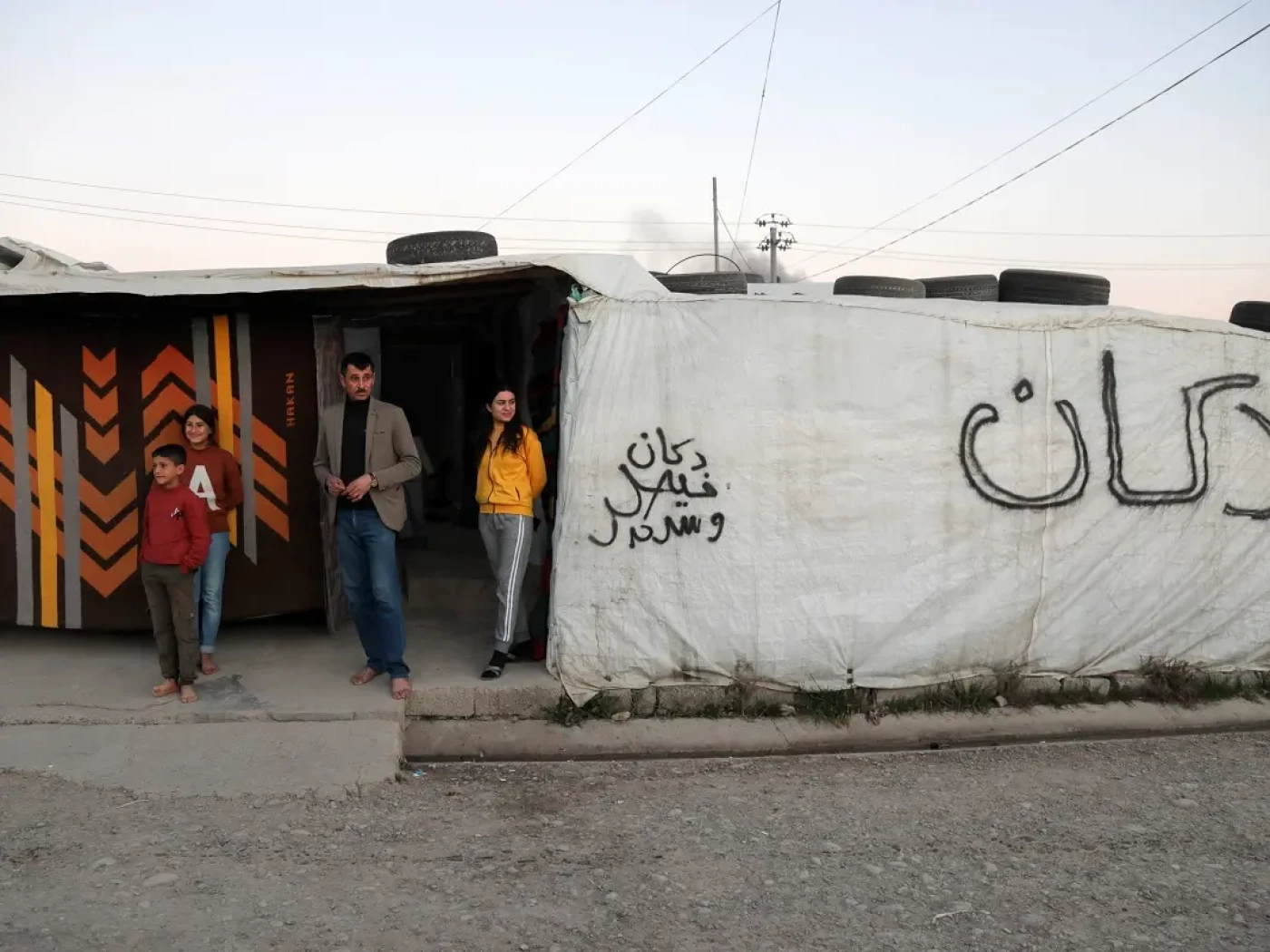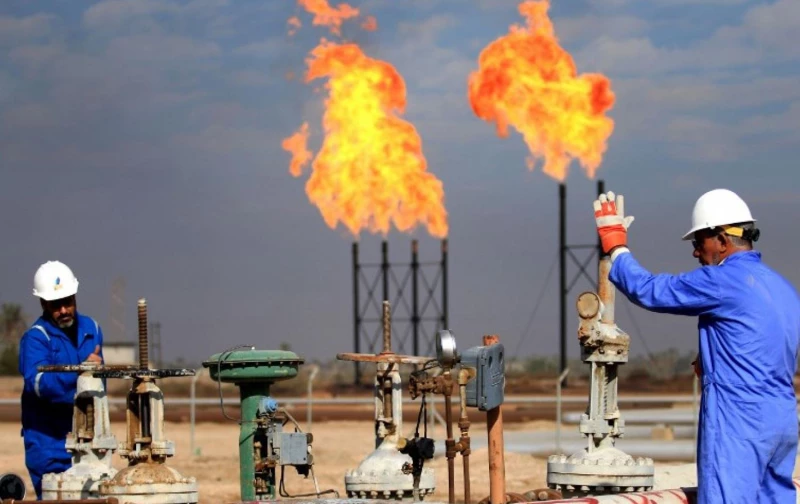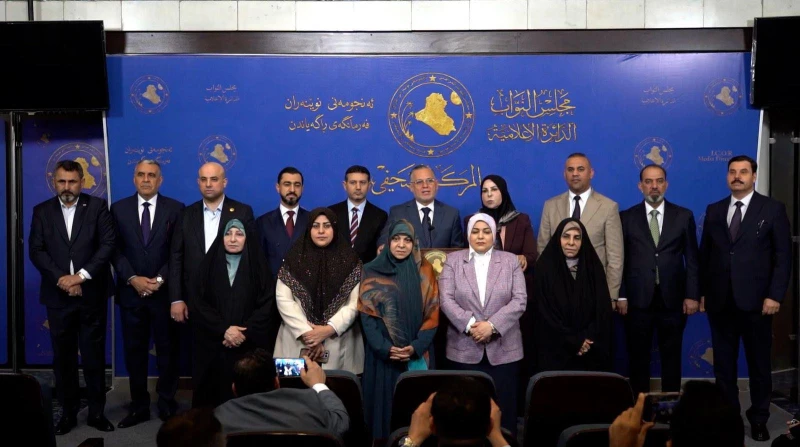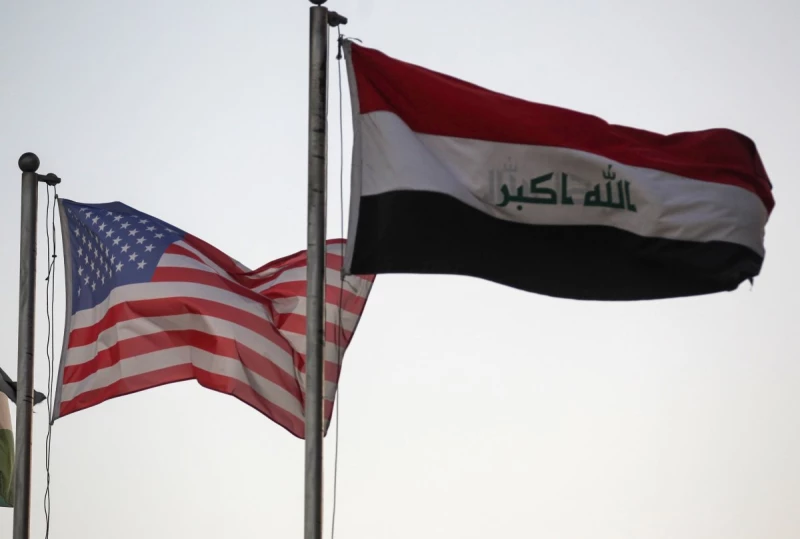The Iraqi Parliamentary Committee on Migration and Displacement on Monday announced its support for the Cabinet's plans to close all displacement camps and facilitate the return of displaced persons to their original areas.
The committee praised the Ministry of Migration and Displacement for its efforts, including the distribution of a four million dinar grant to returning families.
In a statement, the committee emphasized the importance of ending displacement and stabilizing families in their home regions, stating it is "shameful" for Iraqi families to remain in camps years after the liberation of their areas from ISIS.
The committee also called on the government to expedite infrastructure rehabilitation and service provision in Sinjar, urging displaced families to return and take advantage of government support, and called on the Ministry of Migration to continue its efforts in monitoring the conditions of returning families.
The ongoing displacement crisis in Iraq affects nearly one million internally displaced persons (IDPs) both within and outside camps, according to the Iraqi parliament's Committee on Migration and Social Reconciliation.
Committee member Sharif Suleiman noted that the number of IDPs outside the Kurdistan Region camps exceeds those within them.
The total number of IDPs is estimated to be between 800,000 and one million, residing in various regions including the Kurdistan Region’s camps, Nineveh, Anbar, and the outskirts of Baghdad.
Ali Abbas Jahakir, the spokesperson for the Ministry of Migration and Displacement, stated that the ministry is working in alignment with the government program and national plan for voluntary return.
The Ministry of Migration and Displacement has continued registration for voluntary return, aiming to close displacement camps in the Kurdistan Region by the July 30 deadline.
To encourage returns, the ministry has offered aid and incentives since January 2024, including a one-time payment of four million Iraqi dinars per family, potential government employment, social security benefits, and interest-free loans for small businesses.
Human Rights Watch (HRW) published a report on May 13, saying that the closing of the camps in the Kurdistan Region "will imperil the rights of many camp residents from the northern Sinjar district."
The Kurdistan Regional Government’s (KRG) Interior Ministry reports that the 23 camps throughout the Kurdistan Region currently accommodate around 157,000 individuals, many of whom originate from Sinjar.



 Facebook
Facebook
 LinkedIn
LinkedIn
 Telegram
Telegram
 X
X


